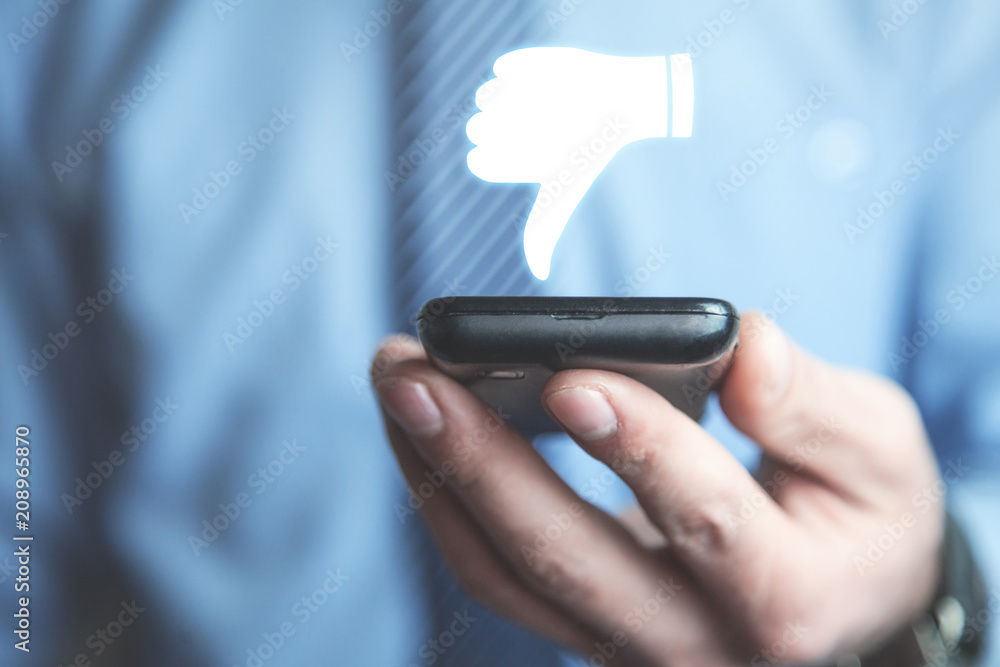Cybersleuthing 101! Or, where did you find that…?

“Don’t use social media to impress people; use it to impact people.”
Dave Willis
I’m sure I’m not alone in randomly thinking “Hey, I wonder what might come up if I googled myself right now”. The list is usually pretty similar each and every time, and I never put too much thought into it. But I have never considered what exactly what kind of information I’m putting out on the internet for everyone to see. Is it professional? Are there pictures, posts, or videos that describe who I really am, or does it paint a picture of someone I wouldn’t recognize as myself?
Cybersleuthing was our main focus for EDTC 300 this week. In a nutshell, cybersleuthing is like online detective work; what can I find out about someone just based on what I google? Do I find social media accounts, details about hobbies and interests, and maybe even personal contact information? Am I able to figure out where someone lives and works? This all seems (for lack of a better term) creepy. But in an ever-increasing digital age, this type of research is being done more and more by companies and businesses looking to hire people who maintain an appropriate, professional presence online.
“In a 2020 survey by The Harris Poll, 70% of the employers who responded said they believe every company should screen candidates’ social media profiles during the hiring process.”
David Cotriss, Business News Daily Contributing Writer
So what does this process actually look like? For a class assignment, we choose someone to ‘cybersleuth’ and record some information about what we could find. This included anything job-related, biographical information, personal, where they are on the web (social networks), overall impressions, trustworthiness, overt beliefs, political views, and any advice to give. It was fairly comprehensive, and after collecting all of this information I traded it with my partner (who will remain nameless).
To be honest, the process felt… creepy? I think my partner put it best when she said “A little interesting digging to find stuff about someone, with their consent; but it still feels weird!”. I mean, this was way past just looking someone up on Facebook to see what they look like; this was an active effort in trying to learn as much as possible, and see as many sides of someone as you could just based off of what happened online.
In fairness, I wasn’t surprised by what she was able to find online. I’ve made an effort in the past year to make a more professional online presence for future education jobs, and I was happy to see that all of my job-related and professional information was easily accessible.

But was the person you can find by searching my name the same person I try to be in real life? My partner was able to find key areas of my life that are important to me, such as fitness, music, and religion, as well as my personal relationships. However, in my own searching, I found a common theme: it was all the ‘good’ stuff. I mean, I would never want to post “Hey, I’m having a bad day” online, but I think the reasoning behind it is deeper than just “that’s a lame post/picture”.
I think everyone has a deep-seated need to belong, and in the online world, it is so easy to create or shape how others perceive you. I could post hundreds of Instagram pictures of all the big and fun moments in my life, the countries I’ve visited, the food I’ve eaten; but that shows only the ‘good’ stuff. And we all know life isn’t just the ‘good’ stuff. In an article by ESPN entitled “Split Image“, Kate Fagan explores the story of Madison Holleran, a popular, athletic, well-loved person who ran track and field for Penn State. Her Instagram was filled with shots of how much she loved her first year of classes, how she loved running, how she always hung out with friends. But in reality, she was struggling, and in 2014, she took her own life.
“Everyone presents an edited version of life on social media. People share moments that reflect an ideal life, an ideal self.”
“Checking Instagram is like opening a magazine to see a fashion advertisement. Except an ad is branded as what it is: a staged image on glossy paper. Instagram is passed off as real life.
It’s OK to not be OK. It’s OK to show people you’re not OK.
This was a really tough article to read, and makes me worry what kind of online environment my future students will wander into by the time I start teaching. Will this constant act of trying to post idyllic snapshots drive mental illness as much as it does now?

Another thing to consider is online shaming. With all of the cybersleuthing activities, I’ve wondered how much my future students will be able to see, and whether or not that might lead to inappropriate situations. I am certain that it will happen for them, as online, public shaming is an ongoing issue. I read an interesting article from a website, “Engaging and Effective Teaching“. This quote was particularly meaningful:
“Ronson’s argument is that ultimately the internet has changed what we view as socially acceptable. Suddenly, people are either all good or all bad.”
Amanda, Engaging and Effective Teaching
This black-and-white version of online society is incredibly volatile, especially for students who are constantly engaged with each other and the world through social networks. This has the possibility for great good, but it also has the possibility of horrible, shameful bullying. For example, Monica Lewinsky gave a powerful TEd talk where she talked about the effects of the online world following her involvement with President Bill Clinton. Regardless of the actions taken, Lewinsky describes her experience, “I was Patient Zero of losing a personal reputation on a global scale almost instantaneously… I lost my reputation and my dignity… I almost lost my life.”
Regardless of behaviour, this type of treatment is not OK. Sure, we have seen terrible acts online and obviously they are not okay. But is the correct response a virtual annihilation of their character? Do the people who attack the ‘wrongdoers’ have the moral high ground to do so?
I think by perpetuating this type of cause-and-effect, students are going to become more and more volatile in an already uncompassionate online environment. The current climate teaches students that you can only post the ‘good’, and if you mess up or do something wrong, it will be remember forever, and duly punished. Is this how we want students to view technology and social networks?
I think this conversation has the capability to become much more profound, but for brevity’s sake, I think that online shaming and behaviour needs to be talked about within the classroom. Digital citizenship needs to be taught. And I strongly believe people have the capacity to do good and be good, but sometimes they need to be taught how, especially online.
I absolutely love the reflection of “well she didn’t find anything bad, but that’s because I don’t put out anything when I’m having a bad day”! Social media is a place where we post all of the GOOD stuff in our lives whether that is going on a trip, the “perfect” selfie, our accomplishments, and our seemingly perfect relationships. We don’t post on social media to put our extremely personal life on display for everyone. As individuals, our social media is almost like an act of putting ourselves on display in the best ways. It’s definitely important to remember that if we are doing that as individuals, then most likely, everyone else is doing that as well. I often take everything I see online with a grain of salt, it is great to see everyone doing so well, but I remind myself that this often isn’t necessarily the best reflection of their real life. Thanks for the great post!